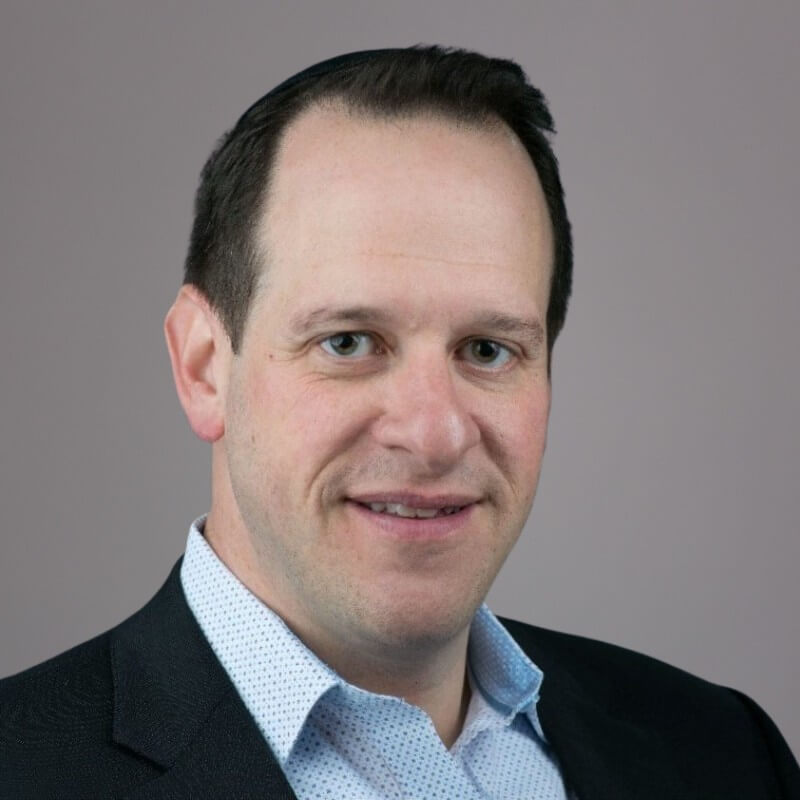Medications Changing Assisted Living from Hospitality to Nursing
Assisted living residents have always used pharmacies, but with acuity levels rising across the industry, the need for better integration has reached its boiling point.
Des Moines, Iowa-based Life Care Services, an LCS Company that manages senior living communities, agrees that rising acuity levels in senior living makes managing residents’ medications even more important.
“It’s becoming more important to develop close partner relationships with our pharmacy vendors with the higher acuity levels and health care reform,” says Susan Altman, Director of Clinical Operations for Life Care Services.
The company serves nearly 28,000 residents in 29 states, and says more residents in assisted living are starting to need higher levels of care.
A study by the Center for Gerontology and Health Care Research found the aging population is becoming more complex, with acuity rates rising up to 2.5% annually. As a result, the role of assisted living operators is becoming more clinical.
“As communities start to take on more of the appearance of mini skilled nursing facilities they become more involved in the actual administration of medications,” says Alan Carey, managing director of Fairchild Consultants, Inc. “As an operator, you expose yourself to the regulations that surround that.”
The different regulations a provider might face depend on the state, but more acute residents means traditional hospital assisted living is moving toward a “hybrid” of hospitality and skilled nursing.
“[The providers will need to] wear both caps and figure out what to do,” Carey says.
As a result, communities are turning to institutional pharmacy providers such as Omnicare and PharMerica to help manage residents’ medications and an increasing number of nursing staff. Using an institutional pharmacy, providers can receive residents’ medications each day in prepackaged containers, which cuts down on errors.
The industry as a whole has faced challenges at adapting.
Data compiled in 2012 by the Assisted Living Federation of America found that errors in medication administration was the top deficiency named by states when surveying assisted living communities.
Nearly nine in 10 (86%) of states reported deficiencies in medication administration in 2012, up from 83% the prior year.
Deficiencies can range anywhere from not providing medication as directed; to having an out-of-date physician order; and documenting medication administration incorrectly.
Omnicare told SHN it works with assisted living communities to ensure their staff is complying with state laws, but providers often experience a high rate of employee turnover, which can be a challenge in ensuring all staff is adequately trained.
“We collectively play an important role to make sure they don’t have any issues,” said Patrick Lee, vice president of investor relations at Omnicare.
As a result of higher acuity levels, Omnicare has started to roll out a new concierge service and is revamping its assisted living suite of products.
Part of the role of pharmacy providers play is to coordinate information between the necessary parties.
“Pharmacies coordinate with various doctors to make sure everybody knows what the other doctor is writing,” said Carey. “If someone is living in a community and managing their own doctor appointments and medications, there is no one coordinating and knowing exactly what someone is currently taking.”
Using technology, assisted living communities can keep a detailed log of patients’ medication history, which is a change for a lot of smaller operators, who still use paper tracking methods.
Providers who choose not to manage the rising acuity levels of residents appropriately could be in for hard times.
“If you don’t have any specialized process setup for residents, you’re setting yourself up for failure and putting that resident at risk,” said Lee.
While some assisted living providers have made the transition to electronic medical records, the industry in general is behind compared to hospitals, but it’s starting to catch up said Lee.
At the end of the day, it’s all about making sure all the necessary parties are communicating to take better care of the resident.
“Assisted living has become more ‘pseudo’ skilled nursing,” said Altman, and “medication management is paramount.”
From: Senior Housing News

Michael is an accomplished leader with deep expertise in the healthcare sector. As the CEO of Prime Source, he has driven innovation and strategic growth in healthcare procurement and management. His extensive knowledge of the industry has made him a sought-after speaker, regularly lecturing at trade groups, seminars, and to industry executives on the most pressing healthcare trends and challenges. Michael is passionate about exploring the intersection of business and healthcare, providing thought leadership that shapes the future of the field.
